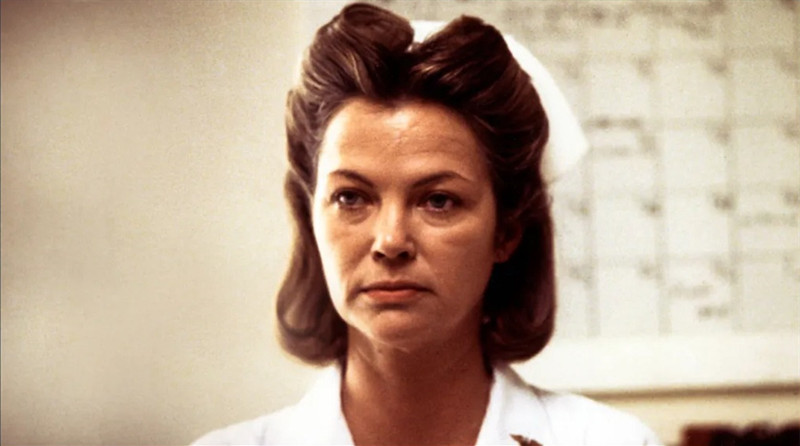
The 1970s is still regarded today as one of the strongest eras for American filmmaking for many reasons. On the heels of the Vietnam War and the Watergate scandal, Hollywood witnessed a banner decade marked by the arrival of a new generation of auteurs with a strong authorial stamp that burst onto the scene and churned out a bounty of boundary-pushing masterpieces that reflected the distinct mood of the time and still hold up 50 years later.
With big studios pouring truckloads of money into bold and experimental projects steeped in cynicism, a swathe of different genres thrived at the box office and carved a niche of their own, from Blaxploitation B-movies, neo-noirs, and skin flicks to kung-fu flicks and Italian Giallo, right as the first slew of studio-produced blockbusters emerged and reshaped the entire cinematic landscape for decades to come.
In the meantime, the Academy continued to recognize the greatest achievements of the year, with most of their picks for the Oscar for Best Motion Picture looking wholly deserving choices in retrospect. From sweeping crime epics and scrappy underdog stories to star-studded nostalgic capers, there’s no such thing as a weak link in this formidable line-up of 1970s movies, ranked from worst to best, that took home the Academy’s top prize.
10. Patton (1970)
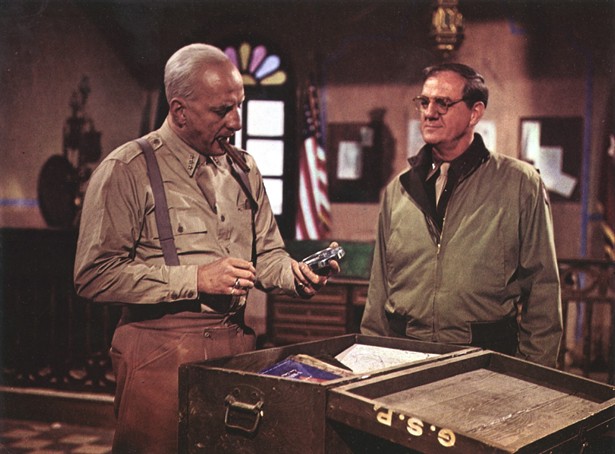
A year before he earned best directing honors for his iconic Italian mob saga, Francis Ford Coppola got a first taste at Oscar glory after scoring a best screenplay nod for co-writing this historical biopic about the highly controversial US General George S. Patton, whose rapid military advances in the North African and Sicilian campaigns near the end of World War II made him a hero in many Allies eyes despite his well-documented short temper, over-inflated ego, incendiary rhetoric, and tendency towards insubordination.
Released in theaters at the height of the Vietnam War, Franklin J. Schaffner’s 1970 Best Picture winner wisely refuses to fully rehabilitate nor condemn the problematic tank commander, offering instead a multi-layered character study that succeeds in illustrating Patton’s obvious strengths as a warfare strategist and charismatic leader while making sure not to glance over his obvious flaws and erratic behavior, the latter of which frequently infuriated his superiors and eventually led to his dismissal after the war.
Though it hasn’t lost any of its urgency as a pointed takedown of rah-rah patriotism, perhaps the film’s biggest draw today is George C. Scott’s commanding performance as the title character, which won him an Oscar in a historically stacked Best Actor lineup that included Jack Nicholson and Ryan O’Neal.
9. Rocky (1976)
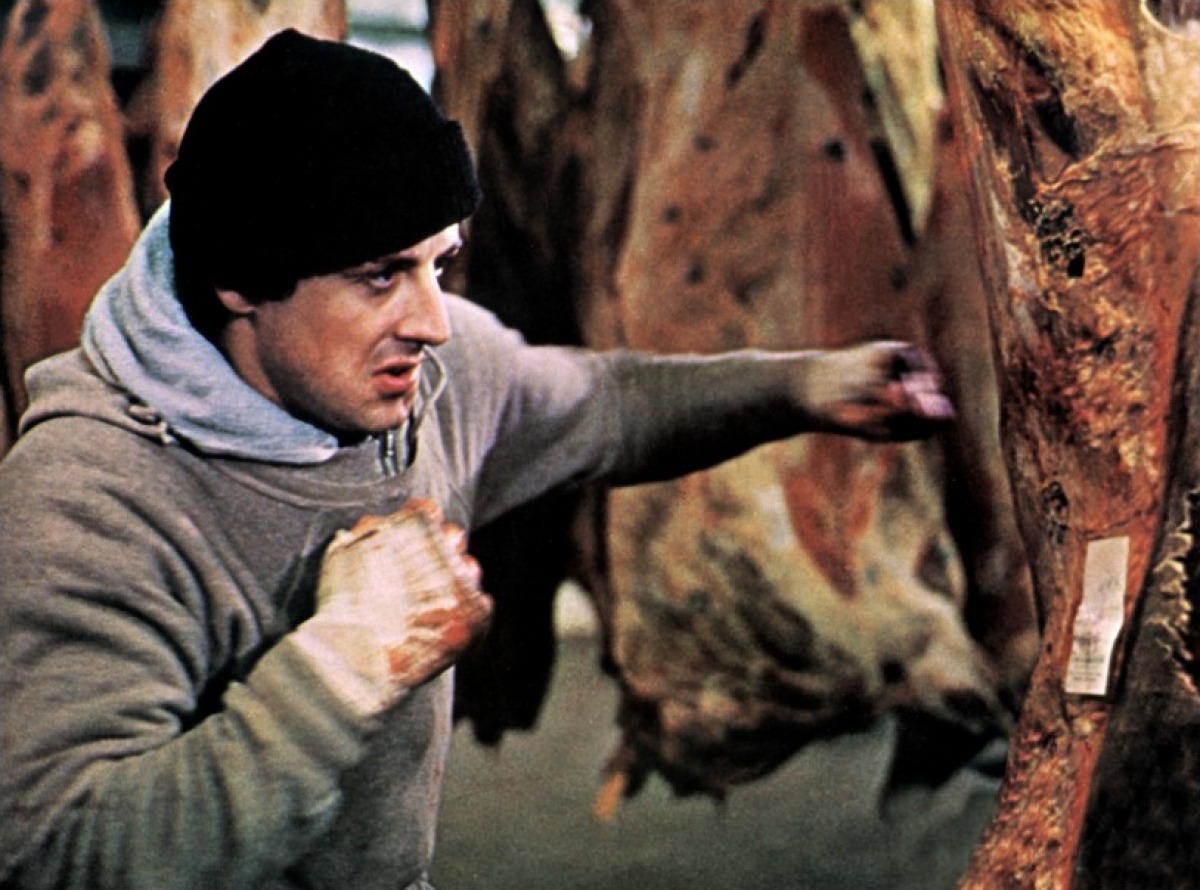
You’d think that after embedding itself so richly in the popular imagination and being pilfered from and repackaged by Hollywood too many times to count in the past half-century, that Sylvester Stallone’s landmark sports-drama about a blue-collar worker from Philly rising through the ranks of the boxing world might run the risk of becoming all too predictable with a current lens. If that were in fact the case, young cinephiles should keep in mind that it’s only because “Rocky” codified every cliché and trope we now associate with the tried-and-true formula of the inspirational scrappy underdog drama in the first place.
Fortunately, as multiple, enriching visits reveal, the 1976 original film holds up wonderfully — miles better than the horde of rip-offs and bloated sequels that have since followed could ever hope for, in no small part thanks to the lean, tight script written by Stallone, the adrenaline-pumping score by Bill Conti, and the lineup of standout performances across the board, including Talia Shire as Rocky’s sweetheart, Burt Young as his loyal brother Paulie, and the late Carl Weathers as the heavyweight champ Apollo Creed. In an alternative world, though, it would’ve been nice to see “Taxi Driver” or “Network” walk away with the top prize instead.
8. Kramer vs. Kramer (1979)
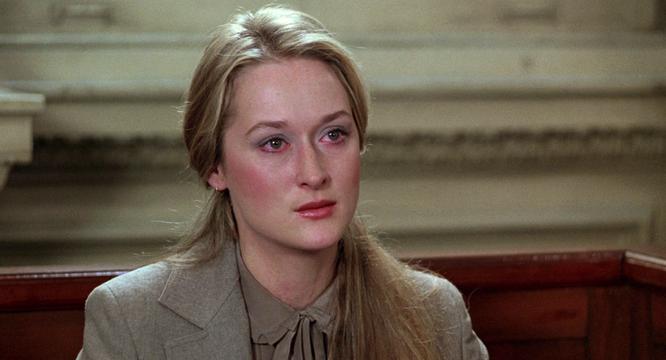
The dissolution of Ted (Dustin Hoffman) and Joanna Kramer’s (Meryl Streep) marriage supplies the narrative bedrock to this stinging courtroom drama that doesn’t really force viewers to take sides so much as it compels them to contemplate just how messy the whole divorce business really is, especially when little kids are involved.
First and foremost, Robert Benton’s 1979 Oscar sweeper served as a juicy showcase for bickering A-list co-stars Dustin Hoffman and Meryl Streep (who repeatedly clashed on-set but play off each other wonderfully) to set the screen aflame and flex their dramatic chops as the titular Manhattan ex-couple, who spew venom at each other in a devastating game of tug-of-war over the custody of their 8-year-old son.
As shifting social mores threaten to make the film’s observations about divorce that likely felt revelatory in 1979 seem less novel, it’s the little moments where we see Ted’s workaholic ad executive frantically try to get his act together and slowly embrace his paternal duties while raising little Billy alone that pull the rug from underneath you and gives the film its timeless charm.
7. The Deer Hunter (1978)
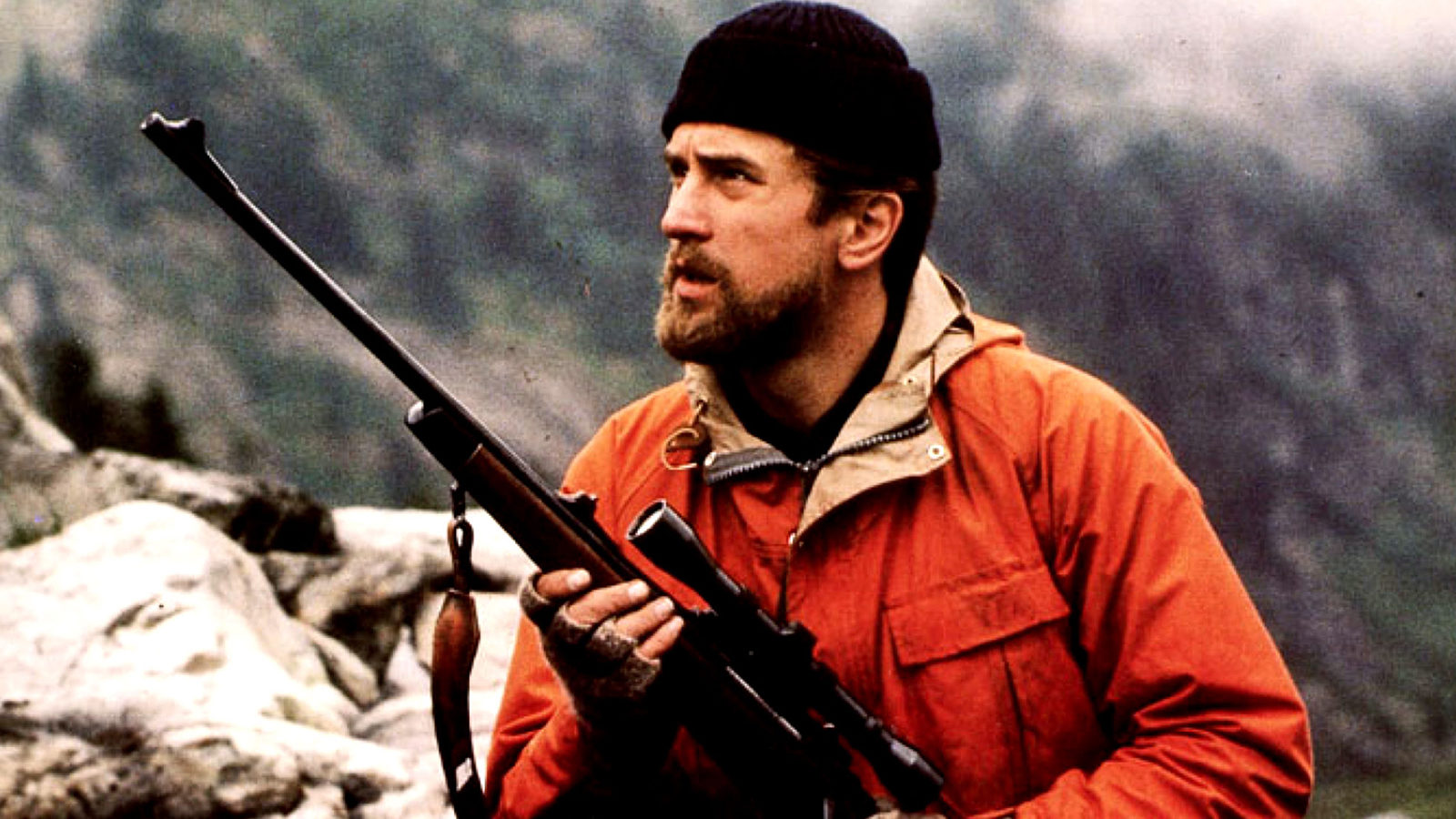
Were you to claim that this downbeat, 183-minute-long anti-war classic directed by Michael Cimino is not exactly a brisk sit, I’m not sure I’d bicker with you. But the outspoken crowd that wishes that half the scenes taking place in a small steel town in Pennsylvania (including the entire Russian Orthodox wedding) didn’t make it past the first script draft miss the broader point with “The Deer Hunter”. Sure, the unforgettable scene in which two childhood friends (played by Robert De Niro and Christopher Walken) are captured by the Viet Cong and take turns putting a gun to their head obviously grabs all the attention and doubles down as a handy metaphor for the film’s anti-war message, but it only works because we’ve spent enough time living with these characters over the course of the film.
Though very much a capsule of its time that made national headlines at the time for its shockingly realistic look at the devastating psychological effects of Vietnam, there’s also something timeless in the story of a group of idealistic young friends growing up together, losing their innocence in adulthood, and returning home from overseas crippled, alienated, and broken down. Given its heavy subject matter, you probably won’t feel the need to rewatch “The Deer Hunter” anytime soon after your first viewing, but if you think that ‘God Bless America’ coda is little more than jingoistic hokum, then we suggest you give it another spin.
6. The French Connection (1971)
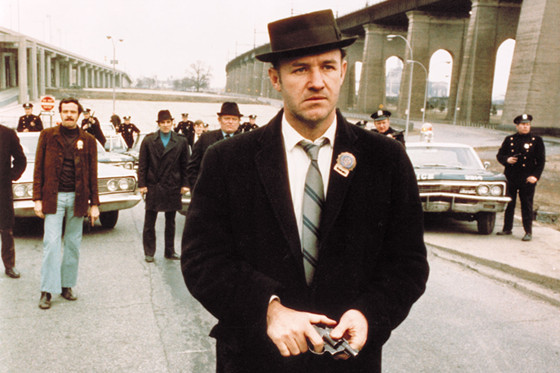
No dust has settled in this landmark crime thriller directed by William Friedkin, which finds Gene Hackman in top acting form in the role of Popeye Doyle, a pragmatic NYPD cop with steely resolve who isn’t afraid to break the rules and get down and dirty in order to get stuff done and bust an international heroin-smuggling ring with the help of his by-the-book rookie partner (Roy Scheider).
The shadow of “The French Connection” hangs over anything vaguely in the crime thriller genre, and you can still glimpse its fingerprints smeared all over contemporary titles being pumped out these days (if you don’t believe me, just check out any movie by Michael Mann, Christopher Nolan, or the Safdie brothers).
If you haven’t watched it yet, you’re legitimately missing out on an undisputed cornerstone in 1970s American cinema, an all-timer entry in the ‘feel-bad’ movie canon, as well as one of the most impressive and flat-out entertaining car case sequences ever put to film (true to the DIY spirit of the New Hollywood Wave, Friedkin shot it on location in South Brooklyn without bothering to ask the city for film permits).